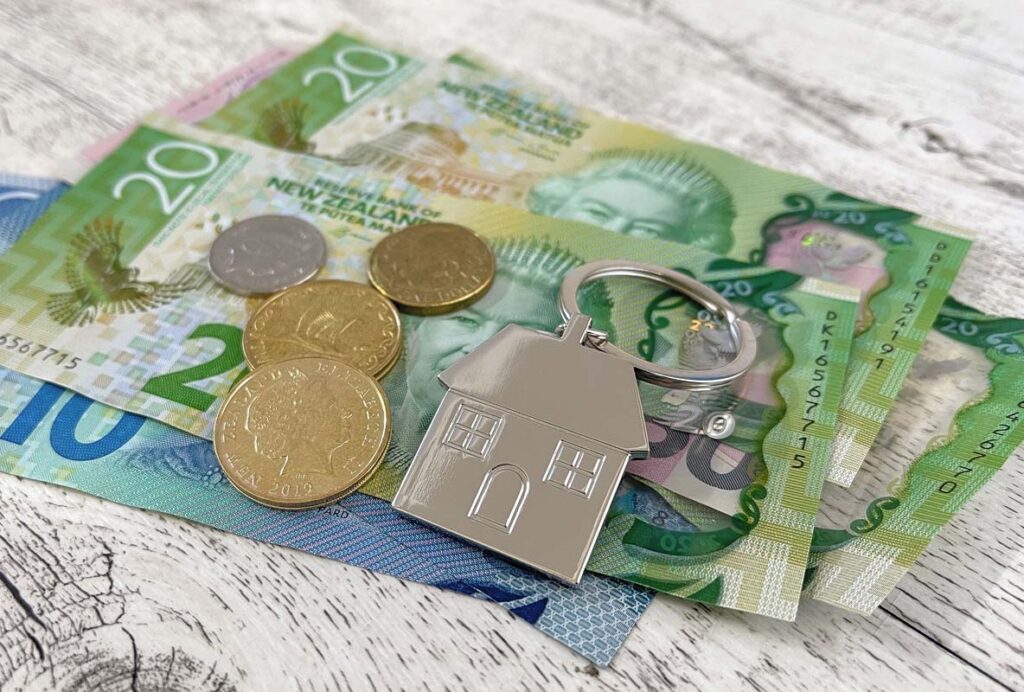Time is running out to opt out assets from the GST net!
Registering for GST and claiming some or all of the GST on the purchase of a holiday home – one that will be used some of the time for short term rental – is a common tactic to reduce the cash outflow required to fund a purchase. Roll forward to sale time for the property and, sometimes, owners are left wishing they had not claimed GST to start with.
The default position for such assets is that, where GST has been claimed on even just a portion of the purchase, a GST liability will be triggered by the sale of the asset.
This means unsuspecting sellers may be liable to pay 15 per cent of the sale price of their asset in GST, even if they only claimed GST on part of the asset. While they may be able to claim some level of additional GST credit at the time of sale, generally they will end up out of pocket to some degree at the conclusion of the sale.
Recognising this issue, and in conjunction with the introduction of the GST platform economy rules, a new rule was legislated in 2024. This allows newly purchased capital assets that are only partly used for GST taxable purposes (such as home offices or holiday homes) to be excluded from the GST net for capital purposes. This applies even if they still generate GST taxable income and incur GST claimable costs.
This change means that, if no GST is claimed on the purchase or other capital costs relating to the asset, it will not be taxable on sale. The rule change also allows a limited time to opt out of the GST net for older assets if they are only partly used to make GST taxable supplies.
If you have claimed GST on the acquisition of assets that have not been used for the principal purpose of making taxable supplies, you may be able to elect to remove these assets from the GST net before April 1, 2025. As part of this election, any GST that has been claimed over the life of the asset will need to be paid back to Inland Revenue. If you do this, the future sale of the asset is not subject to GST; if you don’t make this election and pay back the relevant amount of GST previously claimed, the sale of such assets will assume the default position that GST will be payable on the full sale price.
The rules regarding qualifying for the opt out provision are complex with many factors to consider, but some examples of assets that might qualify include:
- A home office within a larger private family residence
- A holiday home occasionally rented out for short stays that is, primarily, a family bach
- Buildings used by businesses or non-profit organisations making a combination of taxable and exempt supplies
If you have claimed GST on an asset purchase and think you might qualify for the opt out, or you are purchasing new assets that will be used for both GST taxable and non-taxable use, you should seek expert advice regarding the options available.





